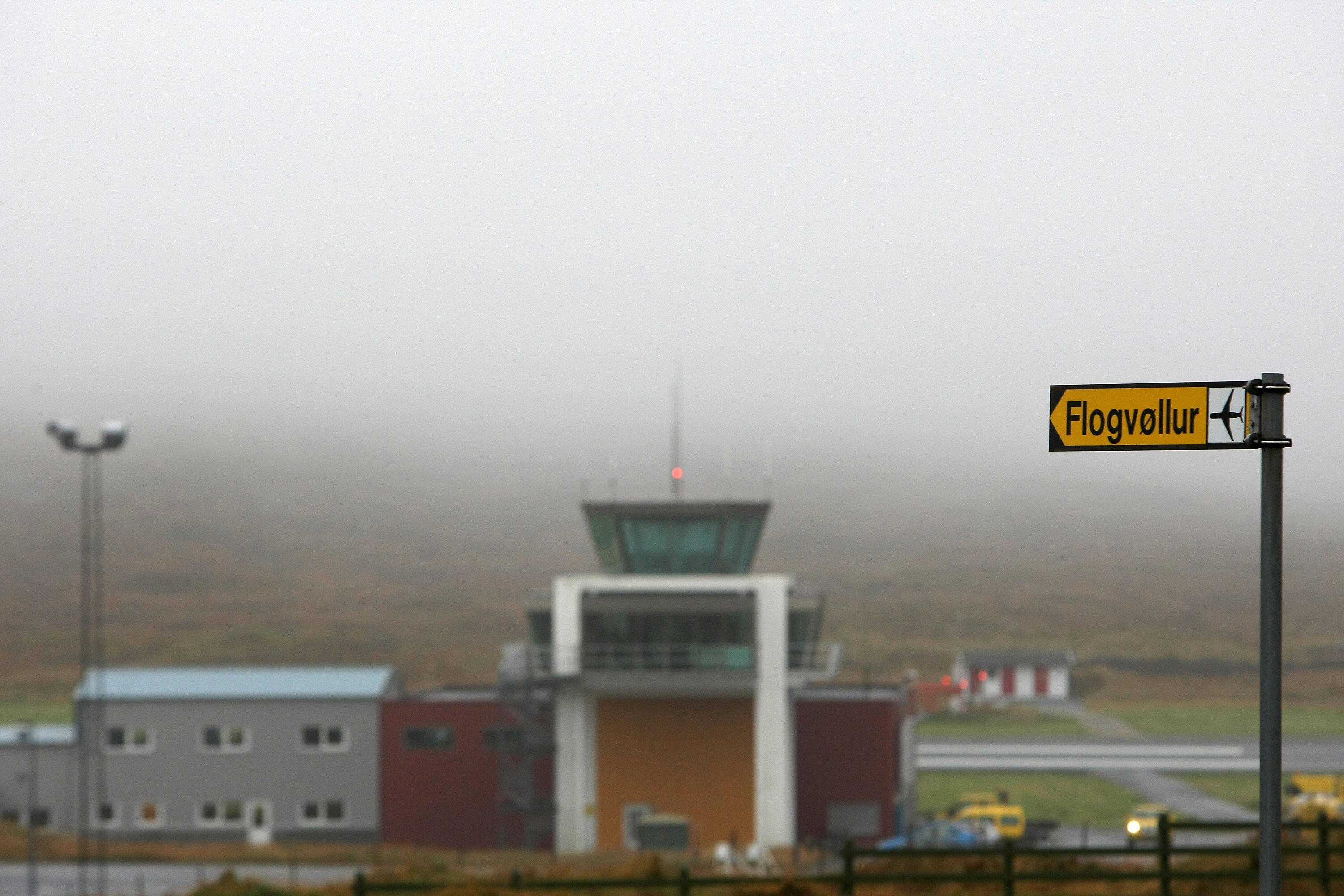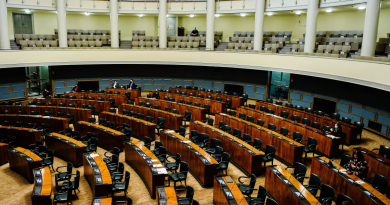Faroe Islands updates COVID-19 guidelines for travellers

The Faroe Islands has updated its COVID-19 guidelines for travellers with specific instructions for visitors from so-called “open countries.”
Testing upon arrival is still required for anyone arriving in the region, with a second test to be done six days afterwards in order to avoid false negatives.
Children under 12 are exempt. The testing requirements will be mandatory until October 31.
The Faroe Islands is an autonomous region within the Kingdom of Denmark. Denmark has divided countries into “open countries” or “banned countries” when it comes to COVID-19. The list is updated regularly based on the country’s infection rate and if it has fewer than 20 COVID-19 infections per 100,000 people.
Second test still recommended for “open country’ residents
Residents of “banned countries” are not permitted in the Faroe Islands unless it’s for specific reasons such as a funeral, visiting minor children, or delivering essential goods and services to the region.
Guidelines for people from “open countries” include maintaining strict social and physical distancing guidelines until results of the first test are available within 24 hours, said a news release on Monday.
The Faroese government is also strongly recommending visitors from open countries take a second test on the sixth day, which is also free or charge.
As of August 4, the Faroe Islands had reported 227 confirmed COVID-19 infections with 192 recoveries.
Write to Eilís Quinn at eilis.quinn(at)cbc.ca
Related stories from around the North:
Canada: Presumptive case of COVID-19 reported at Diavik mine in Canadian Northwest Territories, CBC News
Greenland: Greenland prolongs COVID-19 assembly limits until 2021, Eye on the Arctic
Iceland: Iceland reinstates COVID-19 restrictions after spike in domestic infections, Eye on the Arctic
Norway: Climate change hits back at Svalbard, coal mine flooded by melting glacier in Norway, The Independent Barents Observer
Russia: Russia’s Murmansk region counts more COVID-19 cases than neighboring Norway or Finland, The Independent Barents Observer
Sweden: Swedish authorities tasked with preparing for second coronavirus wave, Radio Sweden
United States: Two Conoco employees in Alaska’s Arctic test positive for COVID-19, Alaska Public Media



